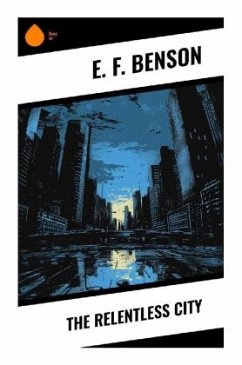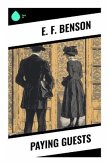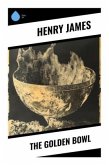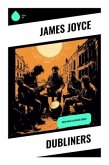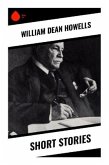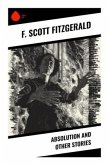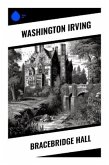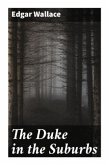E. F. Benson's "The Relentless City" presents a vivid exploration of modern urban life through a richly detailed narrative style characterized by its sharp wit and poignant realism. Set against the backdrop of a bustling metropolis, the novel deftly examines themes of ambition, societal change, and the fragility of human connection, all while showcasing Benson's adeptness at observing the intricate dynamics of social class and personal aspiration. The novel's structure intertwines multiple character arcs, illustrating how individual lives reflect broader societal transformations during the early 20th century, firmly placing it within the literary context of modernism that challenges traditional narrative conventions. E. F. Benson, known for his astute observations and social critique, drew from his experiences as a member of the English upper class and as a prominent writer of the time. His extensive travels and insightful understanding of both urban and rural life profoundly influenced his work. Additionally, Benson's familiarity with various societal strata further equipped him to delve into the complexities of urban existence, making "The Relentless City" a significant exploration of its era's cultural landscape. For readers seeking a thought-provoking narrative that dissects the threads of modern society, "The Relentless City" is a must-read. Benson's masterful storytelling and keen insight into human nature make this novel not only an engaging literary experience but also a critical reflection on the relentless pace of urban life that remains relevant today.
Bitte wählen Sie Ihr Anliegen aus.
Rechnungen
Retourenschein anfordern
Bestellstatus
Storno

